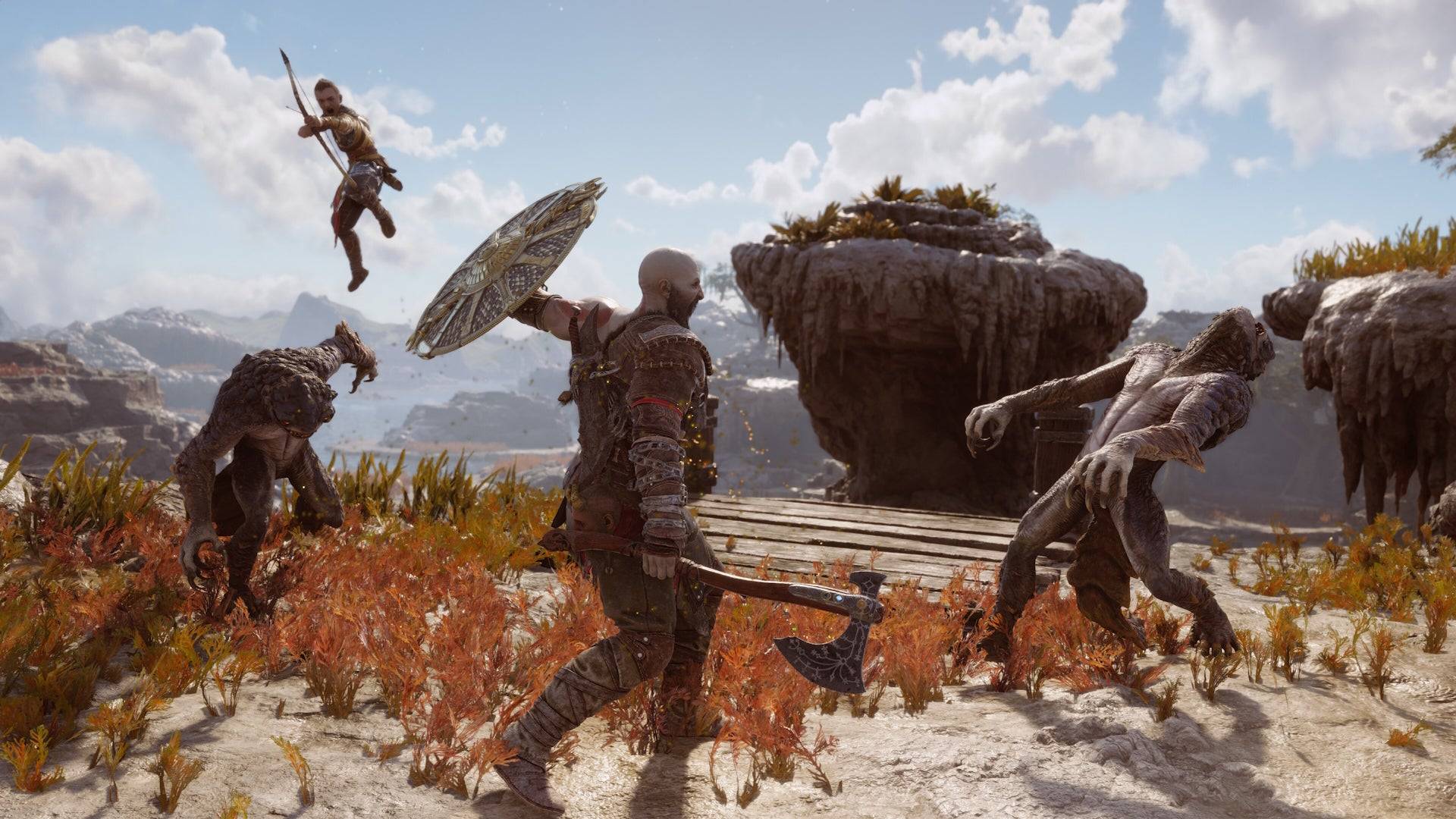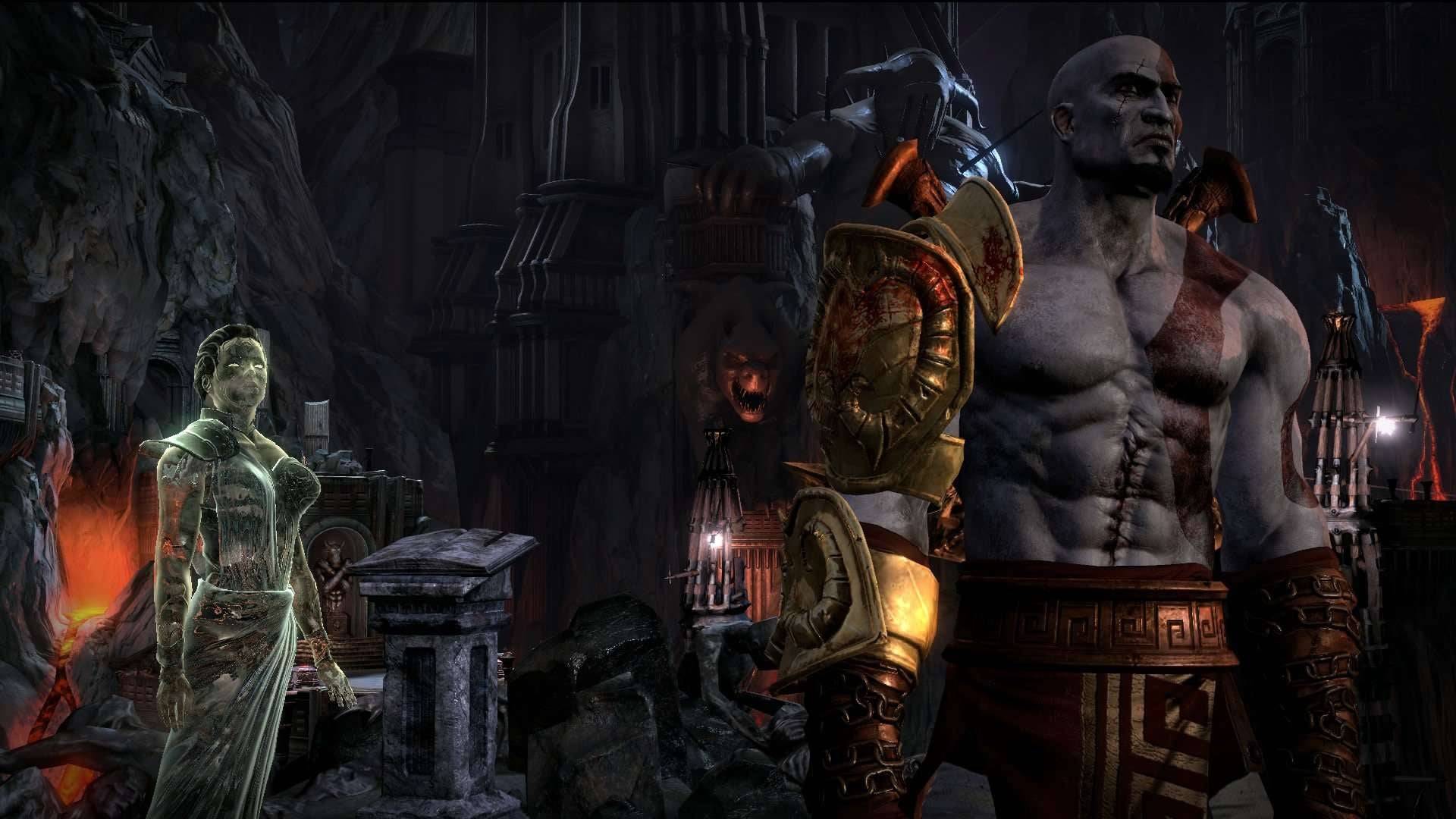The God of War series has been a cornerstone of PlayStation gaming for over two decades, evolving from Kratos' vengeful odyssey in Ancient Greece to a critically acclaimed saga in Norse mythology. Launched in 2005, the series has not only survived but thrived through four console generations, a testament to its ability to adapt and reinvent itself. The most significant transformation came with the 2018 reboot, which shifted the setting from Greek to Norse mythology, altering both the visual style and gameplay mechanics. However, even before this bold move, Sony Santa Monica had been making subtle yet impactful changes to keep the series fresh and engaging.
For God of War to continue its success, reinvention will remain crucial. When transitioning to Norse mythology, director Cory Barlog expressed interest in exploring other mythologies like Egyptian and Mayan. Recent rumors have reignited speculation about an Egyptian setting, fueled by the allure of its distinct culture and mythology. Yet, a new setting alone isn't enough; the series must continue to innovate, building on the successful elements of both the Greek and Norse games.
The combat in the Norse games evolved significantly, yet retained the intense spirit of the original Greek trilogy. The original trilogy, spanning a decade, refined its hack-and-slash gameplay, culminating in the polished experience of God of War 3 on the PlayStation 3. The magic system complemented melee combat, and the variety of enemies kept the gameplay challenging and engaging.
The 2018 reboot saw the removal of platforming and puzzle elements that were prominent in the Greek trilogy, adapting to a new third-person, over-the-shoulder camera perspective. Puzzles remained but were tailored to the new adventure-focused design. The Valhalla DLC for God of War Ragnarök marked a return to the series' roots with battle arenas, a feature cherished in the earlier games, now adapted to the Norse setting. This not only brought back a beloved mechanic but also mirrored Kratos' narrative journey back to his origins.
The Norse duology introduced new gameplay elements, such as the Leviathan Axe's throwing mechanics, a robust parry system with various shields, and a magical spear in Ragnarök, enhancing the combat dynamics and exploration across the Nine Realms. Each realm offered unique challenges and aesthetics, enriching the gaming experience.
The storytelling in the Norse games marked a significant departure from the original trilogy's more straightforward narrative. The emotional depth of Kratos' relationship with his son Atreus and the exploration of their personal growth and hidden truths resonated deeply with players. This shift to a more emotive narrative approach was pivotal in the Norse era's success, both critically and commercially.
The approach to the Norse games as extensions of Kratos' journey rather than traditional sequels reflects a broader philosophy of continuous evolution. This mindset is essential for future installments, ensuring they build upon the series' core elements while exploring new territories.
Comparing God of War's evolution to other series like Assassin’s Creed highlights the importance of maintaining a series' core identity while innovating. Assassin’s Creed, despite frequent changes in setting and gameplay, has faced challenges in maintaining its narrative cohesion and fanbase satisfaction. The shift to an open-world RPG with Assassin’s Creed Origins and subsequent games has been divisive, with some feeling the series has strayed too far from its assassin roots. Recent efforts like Assassin’s Creed Mirage, a return to the series' Middle Eastern roots with a focus on stealth, have been better received, suggesting a potential path forward.
God of War's successful reinvention lies in its ability to evolve while staying true to its roots. The Norse games built upon the intense combat of the Greek trilogy, adding new elements like Spartan Rage, varied weaponry, and diverse combat options. These enhancements enriched the series without losing its core identity, a balance that future games, whether set in Egypt or elsewhere, must maintain.
As rumors of an Egyptian setting circulate, the next God of War must focus on evolutionary upgrades that preserve the series' strengths. While the 2018 reboot emphasized combat, the Norse duology's success hinged on its storytelling and character development. The transformation of Kratos from a rage-driven warrior to a nuanced father and leader underscores the importance of narrative. Future entries must build on this storytelling prowess while introducing bold changes that define the next era of God of War.








